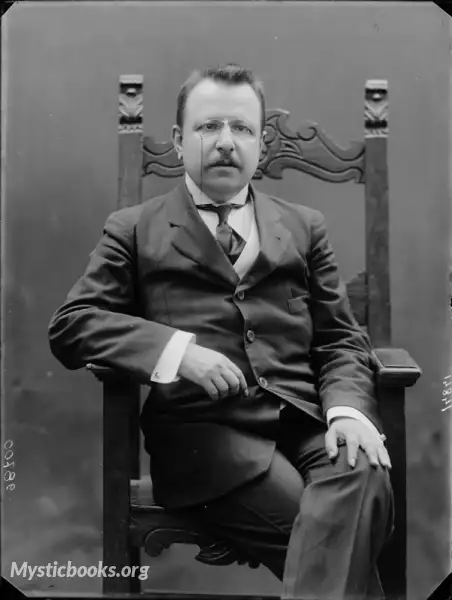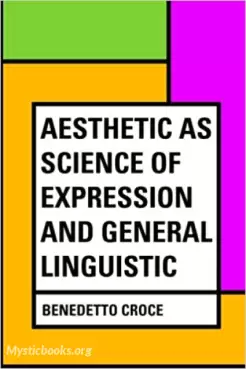
Timeline
Title
Country/Nationality
Benedetto Croce
Benedetto Croce was an Italian idealist philosopher, historian, and politician, who wrote on numerous topics, including philosophy, history, historiography and aesthetics. In most regards, Croce was a liberal, although he opposed laissez-faire, free trade, and had considerable influence on other Italian intellectuals, including both Marxist Antonio Gramsci and Italian Fascist Giovanni Gentile.
Croce was born in Pescasseroli in the Abruzzo region of Italy. His family was influential and wealthy, and he was raised in a very strict Catholic environment. Around the age of 16, he quit Catholicism and developed a personal philosophy of spiritual life, in which religion cannot be anything but a historical institution where the creative strength of mankind can be expressed. He kept this philosophy for the rest of his life.
In 1883, an earthquake occurred in the village of Casamicciola on the island of Ischia near Naples, where he was on holiday with his family, destroying the home they lived in. His mother, father, and only sister were all killed, while he was buried for a long time and barely survived. After the earthquake he inherited his family's fortune and—much like Schopenhauer—was able to live the rest of his life in relative leisure, devoting a great deal of time to philosophy as an independent intellectual writing from his palazzo in Naples .
He studied law, but never graduated, at the University of Naples, while reading extensively on historical materialism. His ideas were publicized at the University of Rome towards the end of the 1890s by Professor Antonio Labriola. Croce was well acquainted with and sympathetic to the developments in European socialist philosophy exemplified by August Bebel, Friedrich Engels, Karl Kautsky, Paul Lafargue, Wilhelm Liebknecht, and Filippo Turati.
Influenced by Neapolitan-born Gianbattista Vico's thoughts about art and history, he began studying philosophy in 1893. Croce also purchased the house in which Vico had lived. His friend, the philosopher Giovanni Gentile, encouraged him to read Hegel. Croce's famous commentary on Hegel, What is Living and What is Dead of the Philosophy of Hegel, was published in 1907.
Books by Benedetto Croce

Aesthetic as Science of Expression and General Linguistic
One of the earliest works of this Italian philosopher and literary critic, Aesthetic as Science of Expression and General Linguistic marks the beginning of Croce's elaboration of his highly influential ideas of aesthetics. Croce defines art in terms...